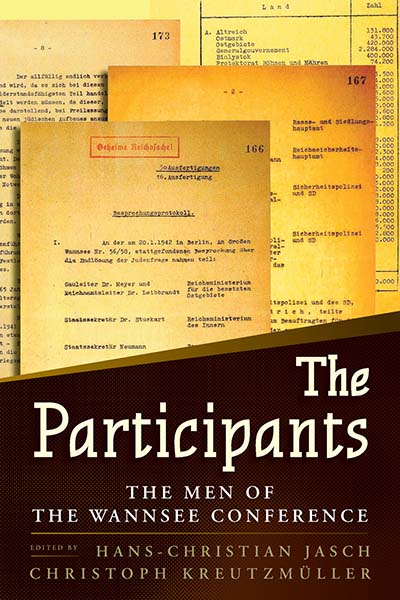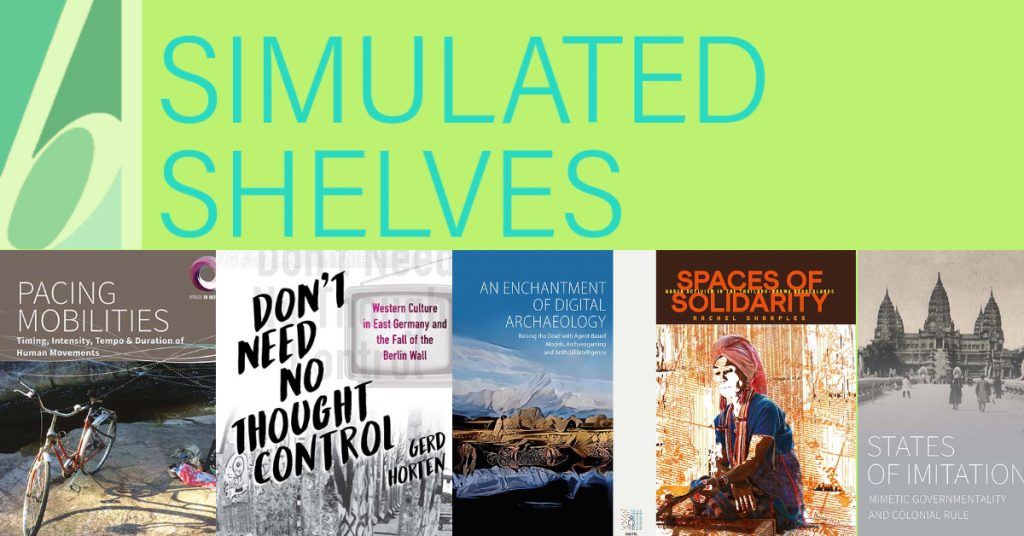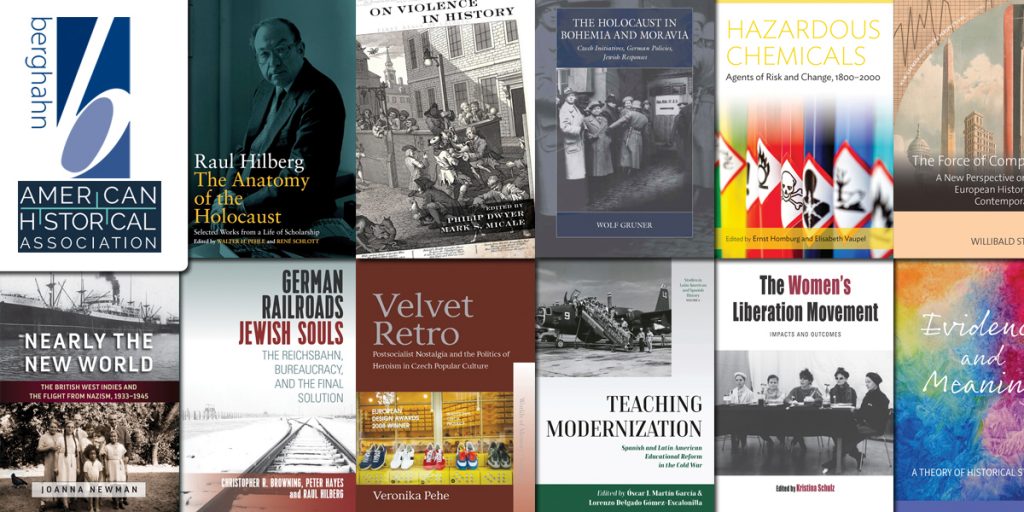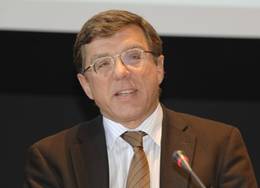
Remembering the Holocaust



Hannah Arendt (14 October 1906 – 4 December 1975), German-American philosopher and political theorist, was the first to argue that there were continuities between the age of European imperialism and the age of fascism in Europe. In her pivotal work The Origins of Totalitarianism (1951), she established that theories of race, notions of racial and cultural superiority, and the right of ‘superior races’ to expand territorially were themes that connected the white settler colonies, the other imperial possessions, and the fascist ideologies of post-Great War Europe.
Continue reading “Spotlight: Hannah Arendt”

Raul Hilberg’s path-breaking 1961 study The Destruction of the European Jews rightfully remains on the reading list of any serious student of the Holocaust. Nonetheless, Hilberg’s insistence on European Jews‘ alleged “almost complete lack of resistance” has been subjected to frequent scholarly criticism. He partially based this claim on a cursory reading of petitions: “Everywhere, the Jews pitted words against rifles” and “everywhere they lost.”
Continue reading “Do Petitions matter? Rethinking Jewish Petitioning during the Holocaust”
Browse our latest in Anthropology, Archaeology, Sociology, History, Literary Studies, Film & Television Studies, and Mobility Studies/Refugee and Migration Studies below.
Continue reading “Summer Simulated Shelves”TIMOTHY E. PYTELL
The recent United Nations General Assembly declaration that the anniversary of the liberation of Auschwitz – January 27 – be designated International Holocaust Remembrance Day reflects the reality that the Holocaust has become a touchstone in global memory. Given the magnitude of the “unprecendented” destruction, this is not surprising. However, the conflation of the Holocaust with Auschwitz also distorts our understanding. For example, although Auschwitz is the culmination of the Holocaust, by the time the gas chambers came onto line at Auschwitz in April of 1943 three quarters of the Jews killed in the Holocaust were already dead. The vast majority of the Soviet and Polish Jews were killed east of the Molotov-Ribbentrop line and often by bullets. In Timothy Snyder’s words “Auschwitz is the coda to the death fugue.” (Snyder Bloodlands p. 383).
Continue reading “Viktor Frankl: 75 years after the liberation of Auschwitz”
Dear Colleague,
We are delighted to inform you that we will be attending the American Historical Association’s annual meeting in New York, NY, on January 3rd–6th, 2020. Please stop by Booth #1007 to browse our latest selection of books at discounted prices and pick up free journal samples. Scroll down for a preview of the new releases on display.
Continue reading “See you at AHA!”
The German Historical Institute London (GHIL), the International History Department of the London School of Economics and Political Science (LSE), and the Gerda Henkel Foundation in Düsseldorf have appointed Berghahn author Ulrich Herbert to the position of Gerda Henkel Visiting Professor 2019/20. He will give his inaugural lecture on December 10th, 2019 at the German Historical Institute (see the GHIL website for more information).
Continue reading “Author news: Ulrich Herbert is Gerda Henkel Visiting Professor 2019/20”